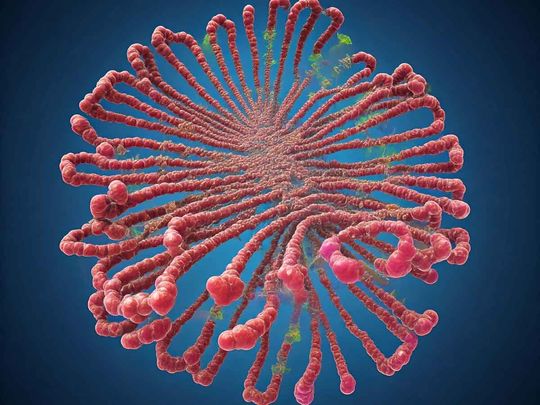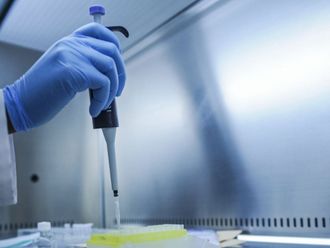
Berlin, Germany: Researchers at the Max Delbrück Center and Charité – Universitätsmedizin Berlin have uncovered a crucial role for the p53 gene in the progression of ulcerative colitis (UC). Their findings, published in Science Advances, point to a potential new therapeutic target to prevent the disease from advancing to cancer.
Led by Kimberly Hartl, a graduate student at the Berlin Institute for Medical Systems Biology, the research team investigated the behavior of p53, a tumor suppressor gene, in UC patients. They discovered that in UC, intestinal cells become trapped in a persistent repair mode, leading to excessive proliferation and impaired function. This aberrant behavior is linked to a dysfunctional p53 gene.
"By targeting these aberrant cells early on, we could potentially prevent the development of cancer in high-risk UC patients," explained Professor Michael Sigal, a senior author of the study.
To delve deeper into this mechanism, the researchers utilized a 3D organoid model of the colon. They observed that cells lacking p53 exhibit heightened glucose metabolism through glycolysis, keeping them in a proliferative state. In contrast, active p53 downregulates glucose metabolism, allowing cells to return to a healthy state.
By targeting glycolysis, the researchers identified compounds that selectively eliminate p53-deficient cells. This approach holds promise for developing novel therapies to target and eradicate these precancerous cells.
The team is now focused on translating these findings to human patients. They aim to develop simple methods for identifying cells with defective p53 genes in colon tissue, enabling earlier detection and intervention.
"By selectively eliminating these cells, we could potentially reduce the risk of cancer development in UC patients," said Sigal.












